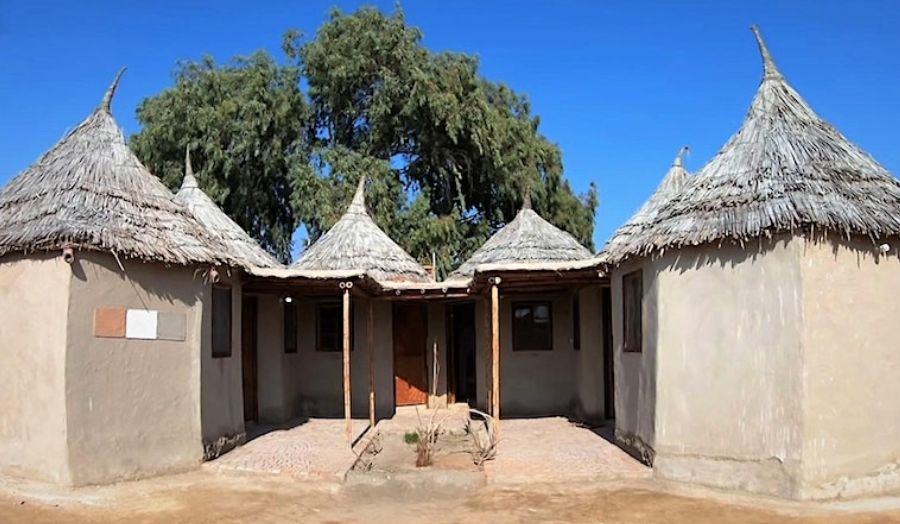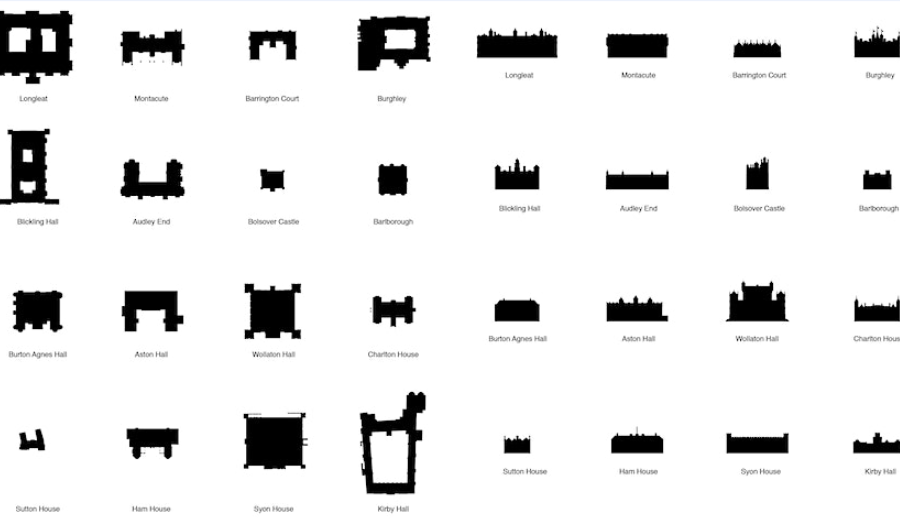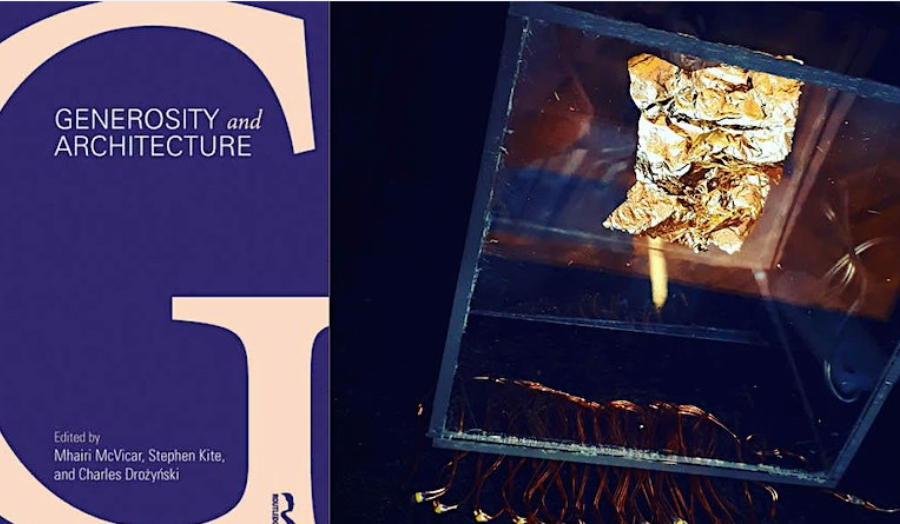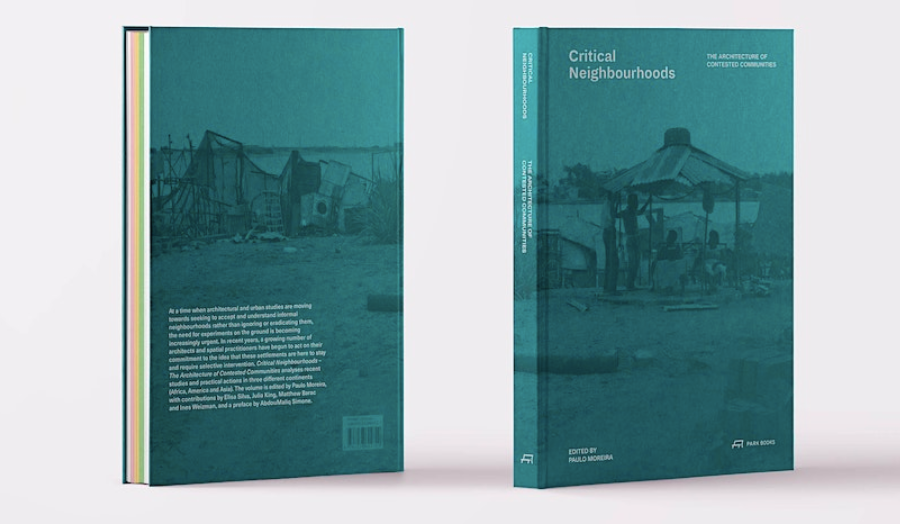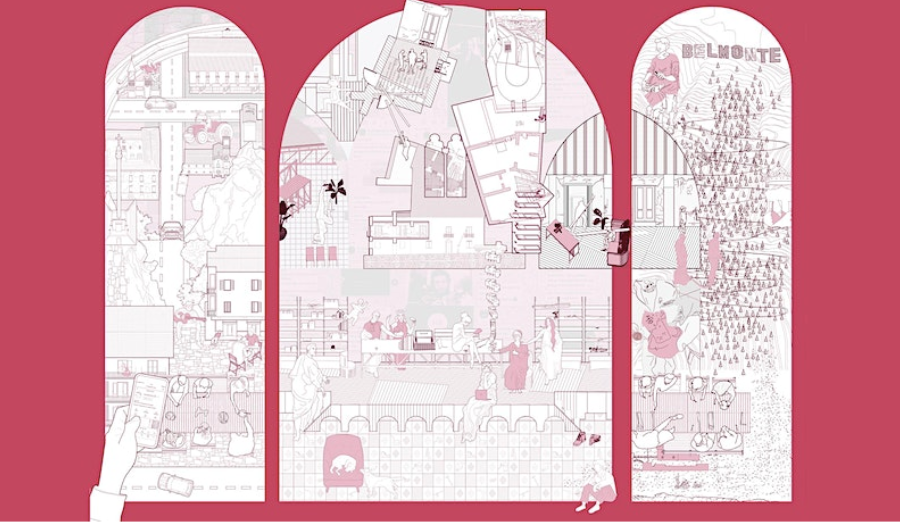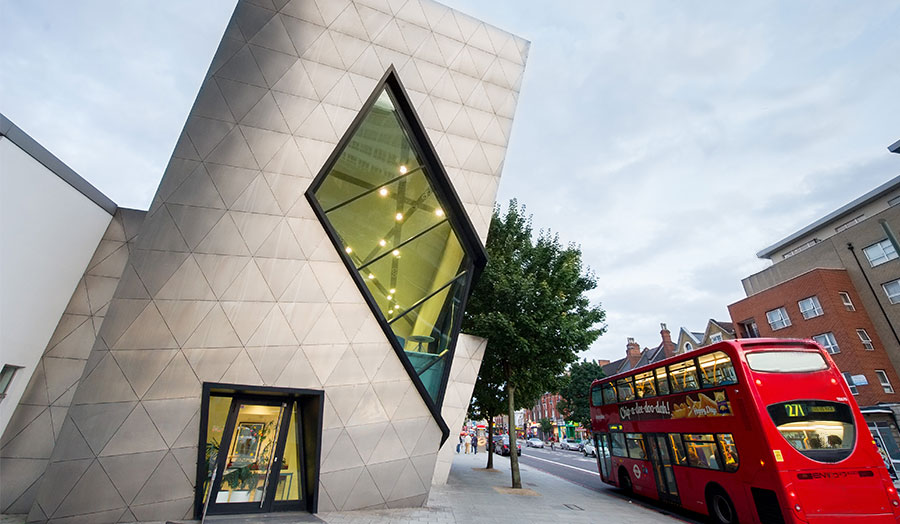About this event
In this paper I will examine changing perceptions of nature during the Age of Discovery, in the seventeenth and eighteenth centuries, when vast swathes of the ‘natural world’ were colonised and exploited by European powers. The presentation considers how Euro-centric perspectives of nature, that developed through a combination of religious devotion, humanistic enquiry and scientific advancement, were simultaneously enhanced and challenged by exposure to different cultures around the world. My presentation, which will refer specifically to missionary activities in China and to the appropriation of land of indigenous cultures in Australia, will consider the impact of this emerging ‘globalising’ perspective on human experiences of landscape and built form.
Speakers
Prof. Nicholas Temple is a qualified architect and Senior Professor of Architectural History at the School of Art, Architecture and Design and Director of the Centre for Urban and Built Ecologies (CUBE). He was previously Professor of Architecture at the University of Huddersfield. A graduate of the University of Cambridge, he previously served as head of the School of Architecture at the University of Lincoln and was an assistant professor of architecture at the University of Pennsylvania. He was a Rome Scholar in Architecture, a Paul Mellon Rome Fellow, Bogliasco Architecture Fellow and has collaborated on research projects on the history and theory of architecture and urbanism in Europe and China. His most recent research is a British Academy funded project on Lorenzo Ghiberti's 3rd Commentary.
Trevor Norris is course leader in English Literature and Creative Writing at London Metropolitan University. His current work addresses what we need to understand in order to act and dwell inside the realities of climate change, to find a reparative relationship to ourselves, to others, to our worlds and the worlds of other beings in a moment that is characterised as so critical that the idea of change often seems too late. Part of this involves formulating the Anthropocene cosmologies that sedentary agricultural extractivism brings in its wake, and within this the predations and supremacies of settler colonialism from the sixteenth/seventeenth centuries and onwards, the distortions of industrialised extractivism from the mid-eighteenth century into the globalist geopolitics of the mid-twentieth to twenty-first century.
Chair
Prof. Matthew Barac is Professor of Architecture and Urban Culture at London Met and a UK-registered architect. He leads Postgraduate Research at the School of Art, Architecture and Design, and is a member of CUBE, the Centre for Urban and Built Ecologies.
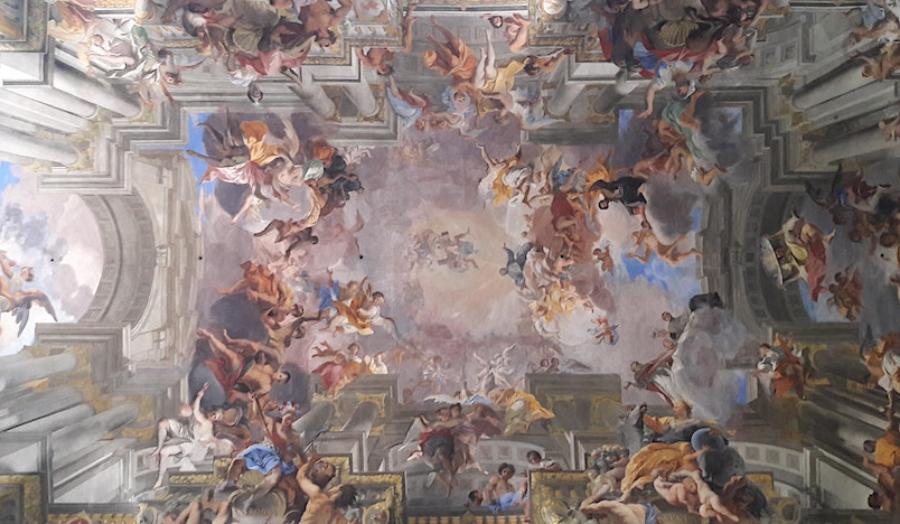
Details
| Date/time | Wednesday 28 September 2022, 5.30-7.30 pm GMT |
|---|---|
| Book ticket | Event ended |
| Location | Online |
In this paper Prof. Nicholas Temple examines changing perceptions of nature during the Age of Discovery, in the 17th and 18th centuries, when vast swathes of the ‘natural world’ were colonised and exploited by European powers. The presentation considers how Euro-centric perspectives of nature, that developed through a combination of religious devotion, humanistic enquiry and scientific advancement, were simultaneously enhanced and challenged by exposure to different cultures around the world. My presentation, which will refer specifically to missionary activities in China and to the appropriation of land of indigenous cultures in Australia, will consider the impact of this emerging ‘globalising’ perspective on human experiences of landscape and built form.

